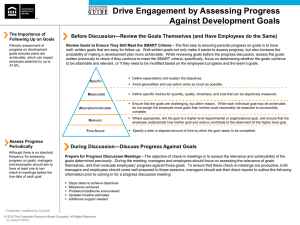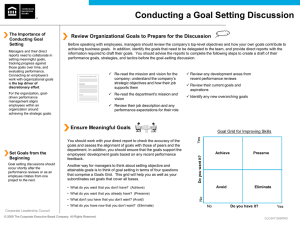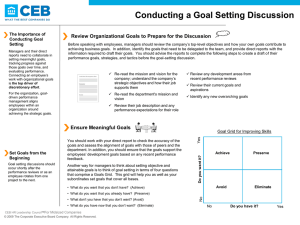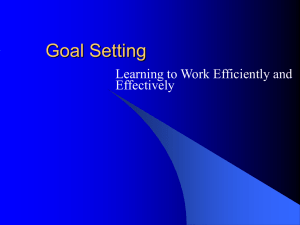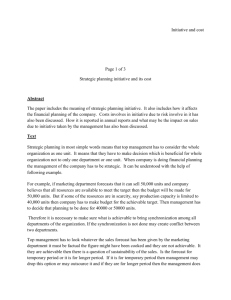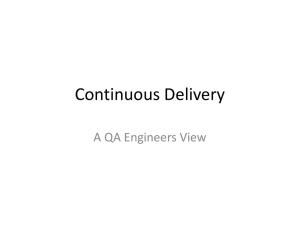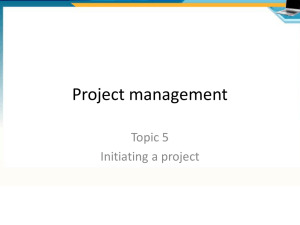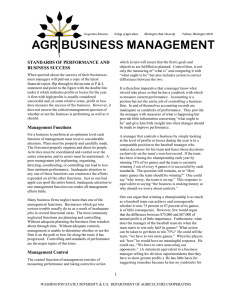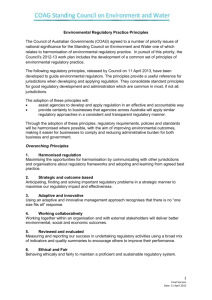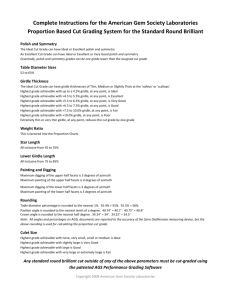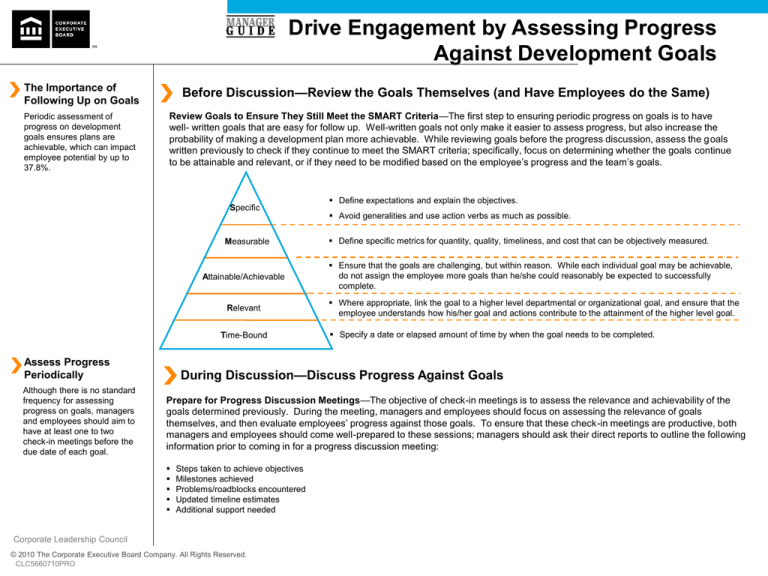
Drive Engagement by Assessing Progress
Against Development Goals
The Importance of
Following Up on Goals
Periodic assessment of
progress on development
goals ensures plans are
achievable, which can impact
employee potential by up to
37.8%.
Before Discussion—Review the Goals Themselves (and Have Employees do the Same)
Review Goals to Ensure They Still Meet the SMART Criteria—The first step to ensuring periodic progress on goals is to have
well- written goals that are easy for follow up. Well-written goals not only make it easier to assess progress, but also increase the
probability of making a development plan more achievable. While reviewing goals before the progress discussion, assess the goals
written previously to check if they continue to meet the SMART criteria; specifically, focus on determining whether the goals continue
to be attainable and relevant, or if they need to be modified based on the employee’s progress and the team’s goals.
Specific
Measurable
Attainable/Achievable
Relevant
Time-Bound
Assess Progress
Periodically
Although there is no standard
frequency for assessing
progress on goals, managers
and employees should aim to
have at least one to two
check-in meetings before the
due date of each goal.
Define expectations and explain the objectives.
Avoid generalities and use action verbs as much as possible.
Define specific metrics for quantity, quality, timeliness, and cost that can be objectively measured.
Ensure that the goals are challenging, but within reason. While each individual goal may be achievable,
do not assign the employee more goals than he/she could reasonably be expected to successfully
complete.
Where appropriate, link the goal to a higher level departmental or organizational goal, and ensure that the
employee understands how his/her goal and actions contribute to the attainment of the higher level goal.
Specify a date or elapsed amount of time by when the goal needs to be completed.
During Discussion—Discuss Progress Against Goals
Prepare for Progress Discussion Meetings—The objective of check-in meetings is to assess the relevance and achievability of the
goals determined previously. During the meeting, managers and employees should focus on assessing the relevance of goals
themselves, and then evaluate employees’ progress against those goals. To ensure that these check-in meetings are productive, both
managers and employees should come well-prepared to these sessions; managers should ask their direct reports to outline the following
information prior to coming in for a progress discussion meeting:
Steps taken to achieve objectives
Milestones achieved
Problems/roadblocks encountered
Updated timeline estimates
Additional support needed
Corporate Leadership Council
© 2010 The Corporate Executive Board Company. All Rights Reserved.
CLC5660710PRO
Drive Engagement by Assessing Progress
Against Development Goals
Checklist for Discussing Progress on Development Goals
Before the Meeting
Do I have periodic meetings scheduled with my direct report to discuss development progress?
Have I reviewed the development plan prior to the meeting?
Do I have any examples of my direct report’s performance against his/her goals?
During the Meeting
Are any existing goals redundant based on achieved development objectives?
Have any existing goals become more/less relevant or more/less achievable?
Are there any new goals that should be included in the plan? Consider the following while determining inclusion of new goals:
Employee’s recent performance highlighting any new development areas that have arisen and need immediate attention
New role responsibilities for the employee
Changes in organization/team needs
Are my coaching efforts aligned with my employees development goals?
Did my direct report complete any action steps from their IDP?
Has my direct report demonstrated any of the success measures listed in their IDP?
Do any of the goals, milestones, action steps, and/or timelines need to be adjusted?
Common Progress Assessment Pitfalls
Common Pitfalls
Solution
Assess progress only during the formal reviews
Assess progress periodically by having interim check-in meetings
Lack of concrete examples of the employee’s progress
against goals
Track progress on goals by keeping a record of employee’s performance against
development objectives
Encourage a productive conversation by communicating that the discussion will be
development-oriented and should not be mistaken for a performance evaluation
conversation. After setting these expectations, ensure that you provide specific and
constructive feedback.
Ensure that up to 80% of development activities are on-the-job learning, as it makes the
development plan more achievable. Employees can best build the skills they need by
focusing on the work experiences and assignments that are most closely tied to their
performance objectives.
Absence of candid feedback
Over-focus on education-based development activities to
achieve development objectives
Corporate Leadership Council
© 2010 The Corporate Executive Board Company. All Rights Reserved.
CLC5660710PRO

